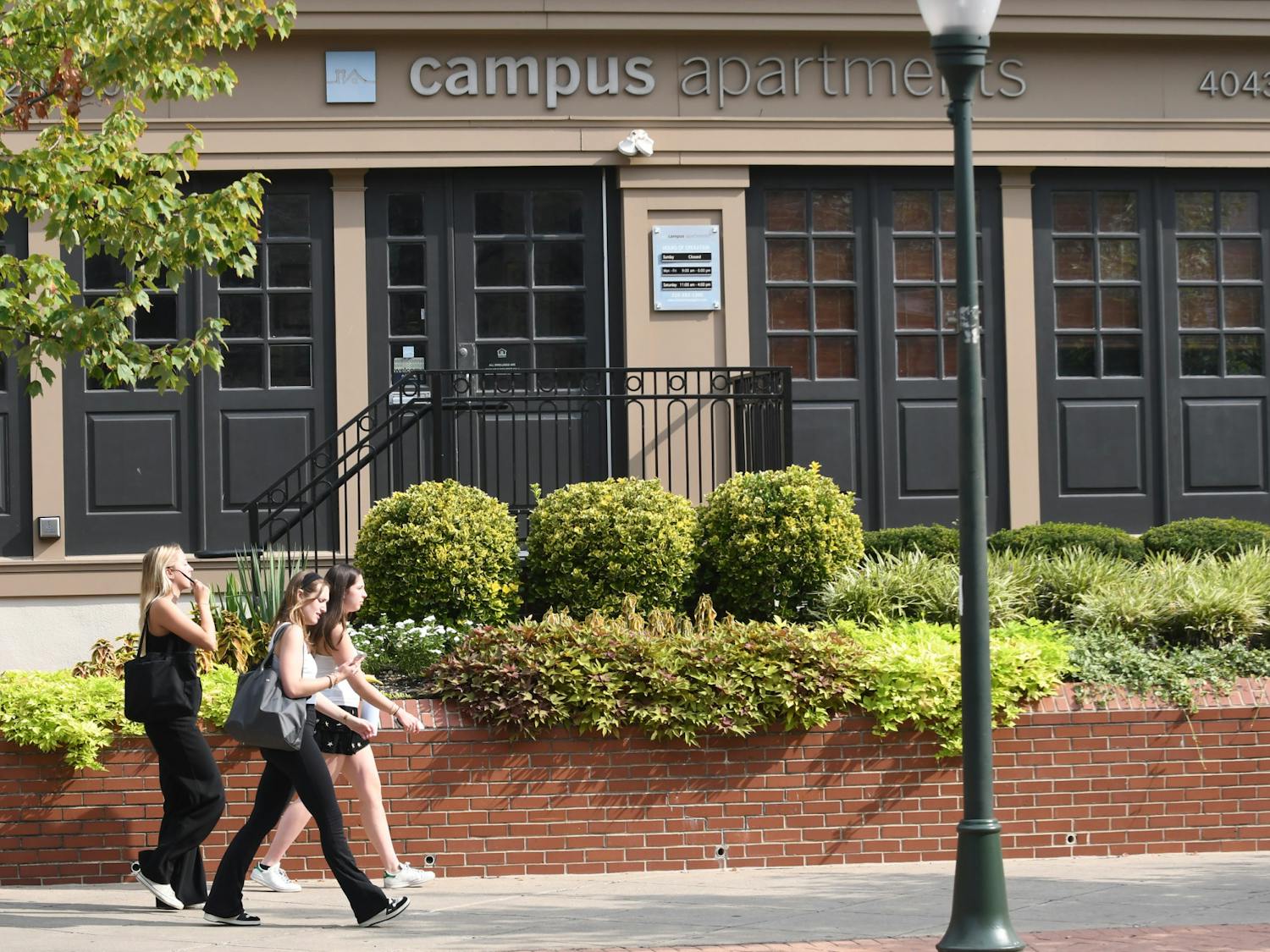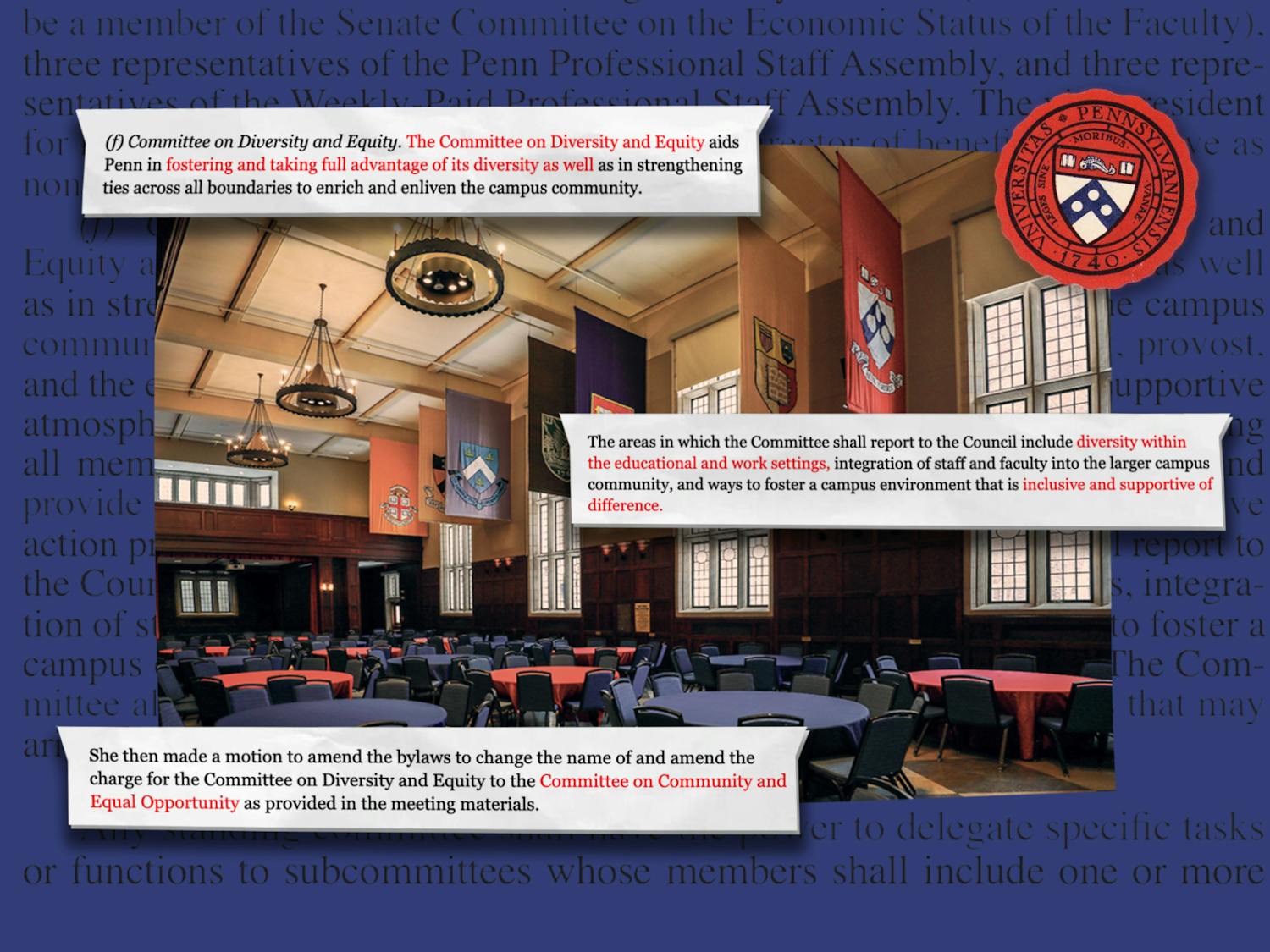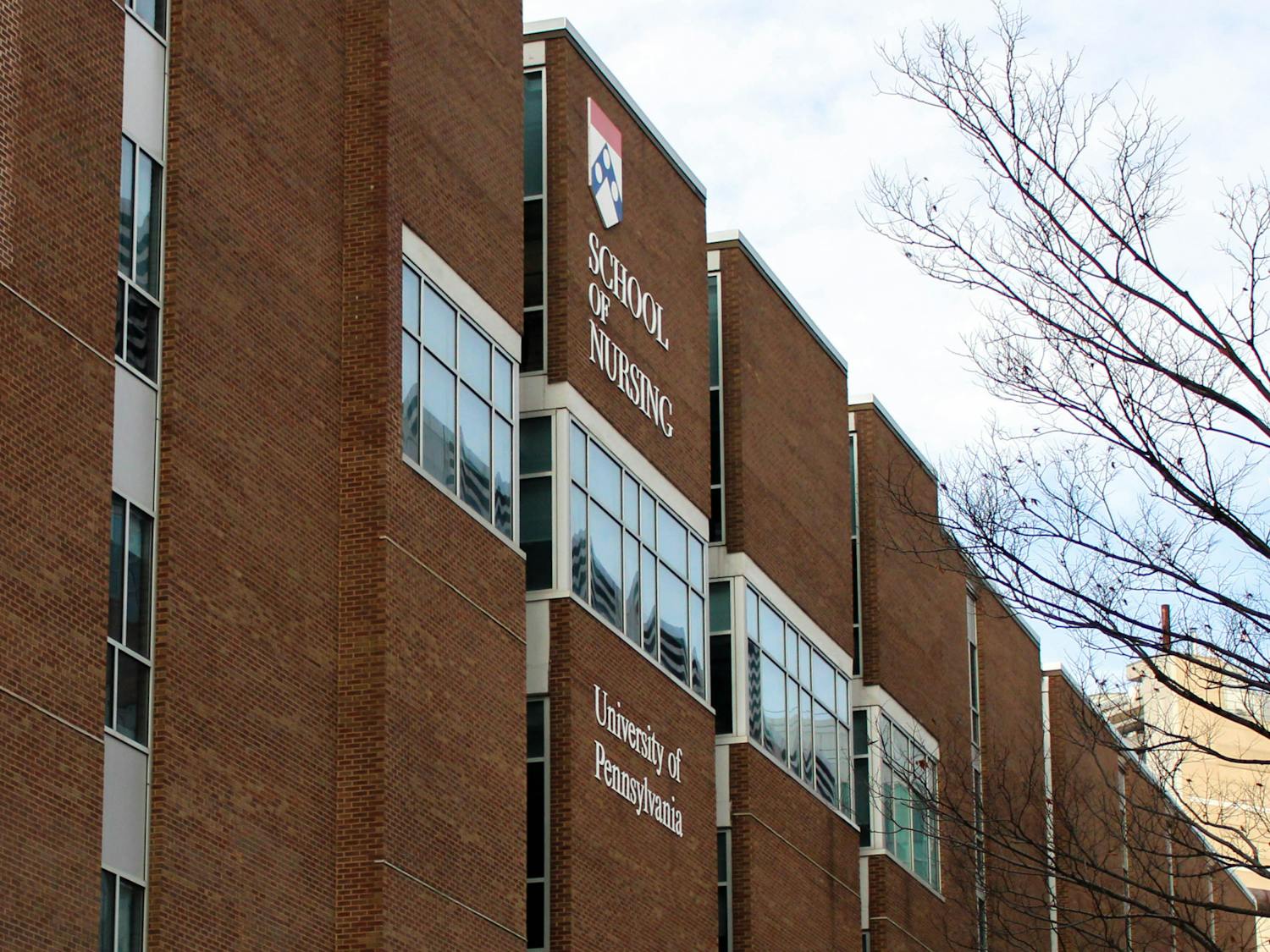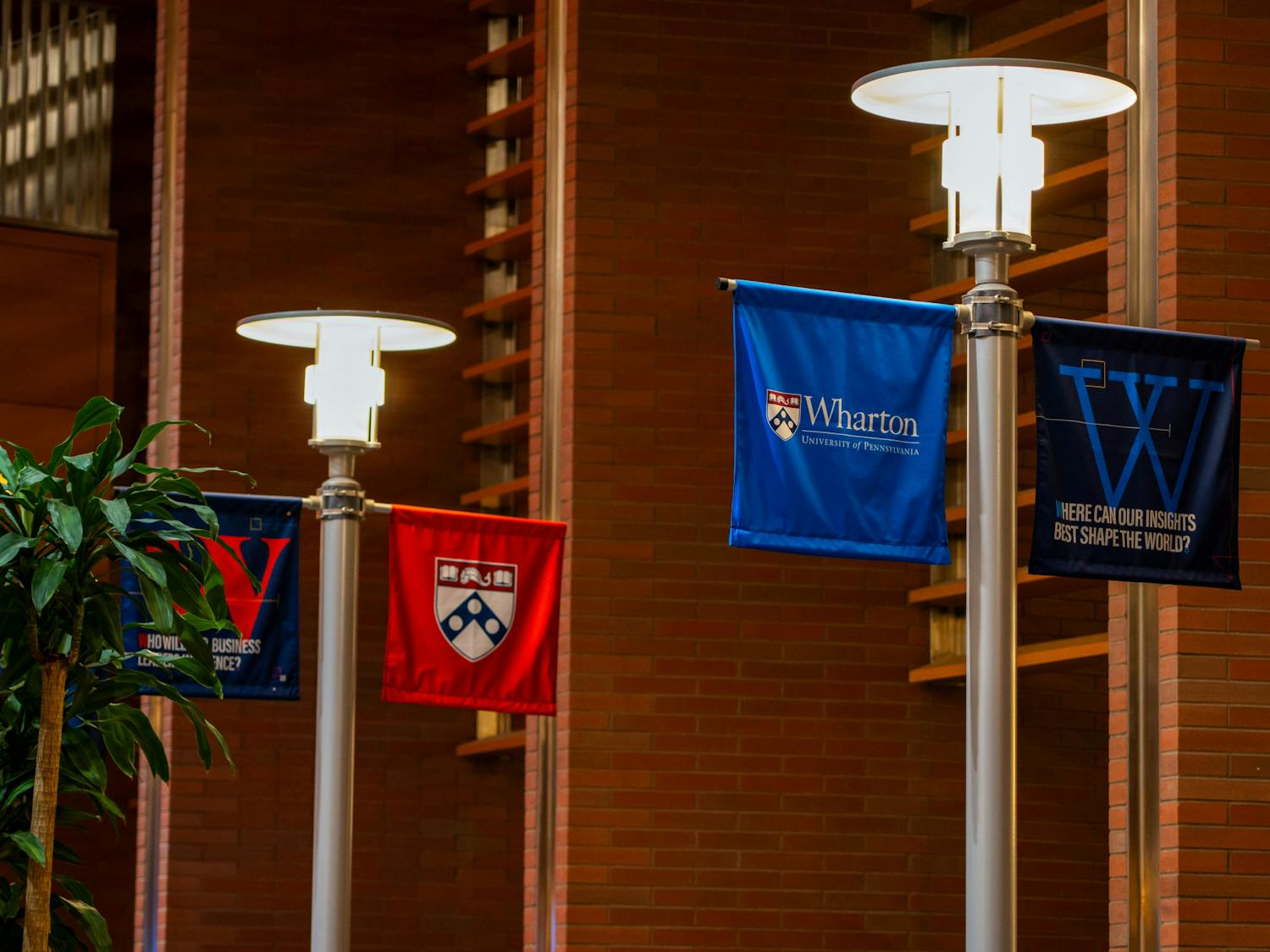Despite finding contaminated soil and water in February at the construction site of a McDonald's restaurant at 43rd and Market streets, many in the surrounding neighborhood still feel they know little about what could ail them.
And, fearing clouds of dust and muddy runoff from the job site, several members of Neighbors Against McPenntrification took their concerns to City Solicitor Kenneth Trujillo and several members of his staff on Tuesday.
An unannounced attempt to meet with Trujillo last Friday failed, as the city's lawyers were taking training classes.
"What we find most objectionable is that this is an emergency situation, but nothing is being done," NAM member Richard Rogers said. "The anxiety level is so high that people are leaving."
NAM approached Trujillo's office after months of trying to work through the maze of the state Department of Environmental Protection, the U.S. Environmental Protection Agency and the city Department of Licenses and Inspection.
However, city senior environmental attorney Patrick O'Neill informed the group of three that the city monitors only air and water pollution, leaving the issue of soil contamination to the DEP.
An analysis performed by McDonald's revealed that the soil is contaminated by tetrachloroethene, a highly-volatile cleaning solvent commonly used in dry cleaning.
O'Neill explained that, if exposed, this chemical would evaporate before if could do much harm.
Tetrachloroethene is also heavier than water, but since none of the city's drinking water is pulled from wells, the officials saw it as one less cause for concern.
"It does not seem that it's not the type of imminent danger that calls for cleanup within a couple of days," said Daniel Cantu-Hertzler, chair of the city's corporate and tax group. "However, the city expects that McDonald's will clean it up."
But after having already removed 200 tons of contaminated soil and still not having solved the problem of contamination, McDonald's is proposing to use an active soil vapor extraction system. This will involve boring vertically and horizontally into the soil, which will then allow for the noxious vapors to be piped into a carbon treatment system.
McDonald's construction project manager Scott Lang said a pilot study -- which will likely occur within the next three weeks -- has to occur before the actual remediation can begin.
Lang was optimistic that the eventual treatment, which can take up to 12 months, will not hold up the construction of the building.
"Hopefully, we'll be able to engineer the system so that we'll be able to develop and eventually run the restaurant," he said.
In order to pull together all parties to address their concerns, NAM had requested another meeting, with representatives attending from the city's departments of health, commerce and law, as well as from the DEP and McDonald's. It is being planned for Aug. 15 at 7 p.m., at either the Penn Newman Center or the Lea School.
But the real root of NAM's concern is not just tainted soil. Residents fear that a fast-food restaurant will bring rats, parking problems and trash to their neighborhood.








